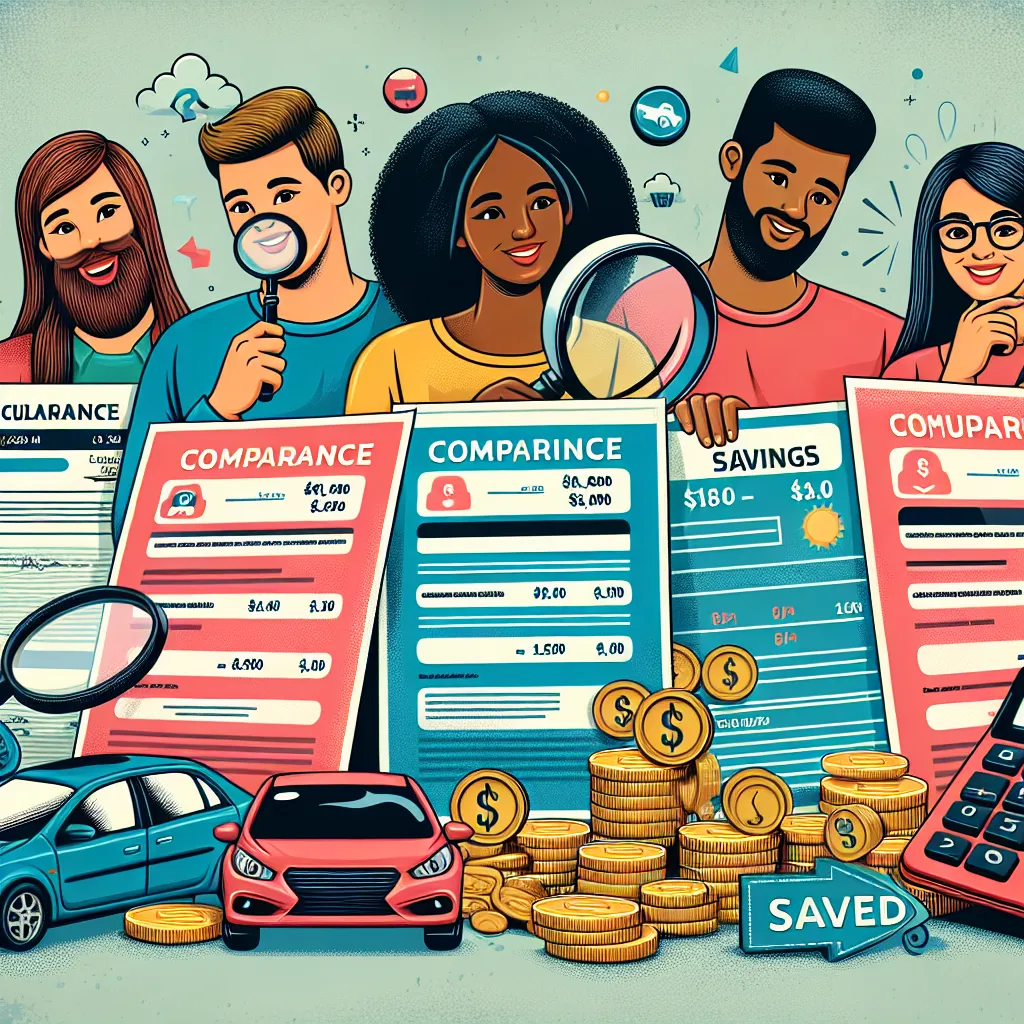Tag: Coverage Limits
-
Mastering Auto Insurance Comparison Quotes for Better Deals

Discover how auto insurance comparison quotes can help you save hundreds by comparing prices, coverage, and finding the best deal for your needs. Read more
-
How to Find the Best Comparable Car Insurance Quotes

Discover how to compare comparable car insurance quotes effectively to save money and get the coverage you need. Learn tips and real-world examples. Read more
